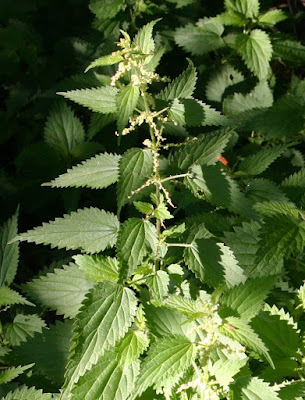Greetings, Poetry Lovers! It's the 3rd Friday of the month and time for a climate-focused post; luckily there's a gigantic piece of good news to celebrate. As I hope you know, on Monday, a Montana District Court Judge Kathy Seeley ruled in favor of the youth plaintiffs in Held v Montana, ruling that the State of Montana’s failure to consider greenhouse gas emissions from energy and mining projects violates the state constitution because it does not protect Montanans’ right to a clean and healthful environment and the state’s natural resources from unreasonable depletion.
This is the first case challenging state and national climate and energy policies to make it to trial in the U.S., and is now the first in which the plaintiffs, 16 Montana youth now ages 5 to 22, are VICTORIOUS. If you've heard of the #SealeyChallenge in which we all read poetry all August, you'll see why I'm hoping a SEELEY Challenge 😁 will take off , and that other groups in other states will see success in other lawsuits that challenge policies that damage the climate futures of our young people. For more information visit the Flathead Beacon's ongoing coverage site, and especially take time to read once again about the young woman climate activist, Rikki Held, who as the only plaintiff of age at the time the case was filed, gives her name to this landmark decision. (Isn't it right that our Earth should be held with care? And also that "Held" is the word for HERO in German?) Then go give some money to the Beacon, to Our Children’s Trust, or to another journalism or legal organization that supports climate rescue.
Poetry itself can be leveraged in the effort, of course, and I'm happy to say that I'm doing my part! Although I'm not in the class of poets famous enough to be featured on this poster, I do have a poem in the forthcoming anthology DEAR HUMAN AT THE EDGE OF TIME: Poems on Climate Change in the US, edited by Luisa Igloria, Aileen Cassinetto and Dr. Jeremy Hoffman. I'm certainly enjoying the company I'm in! Join us for the virtual launch next week!
 |
| click to buy from an indie bookstore |
 |
| click to buy from an indie bookstore |






